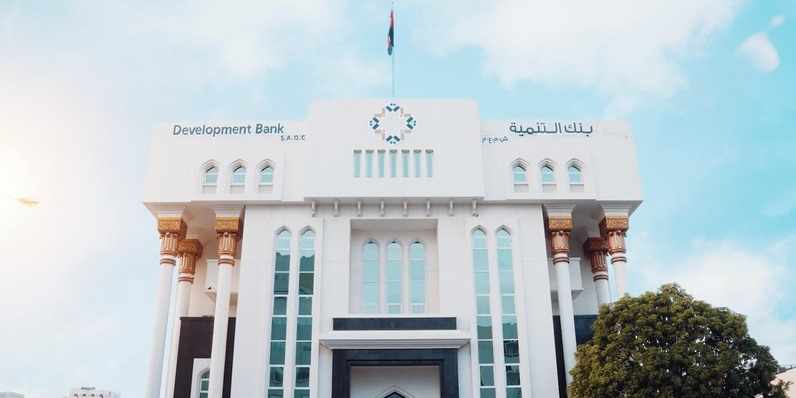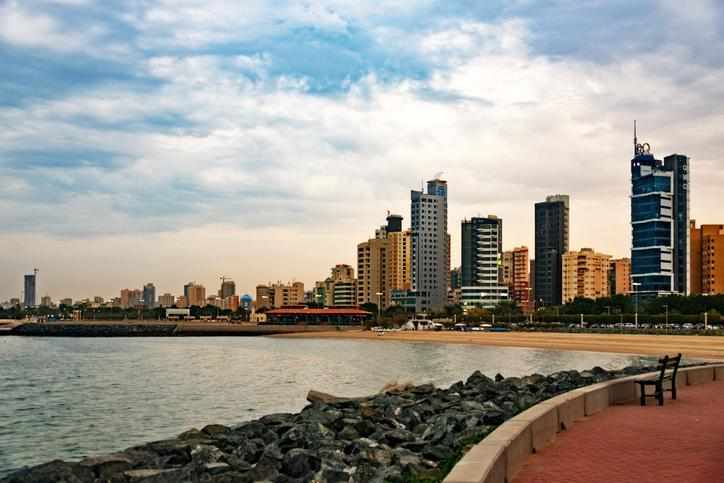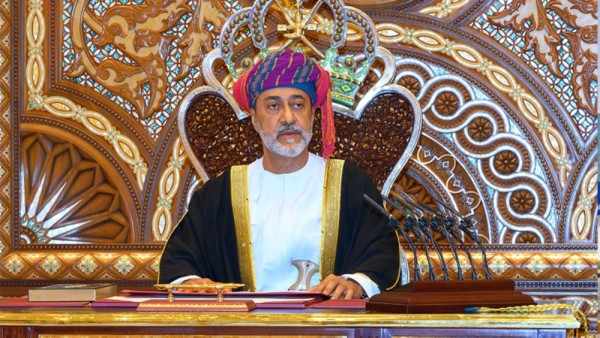Kuwait walks economic tightrope amid oil’s grip
- Date: 25-Jan-2024
- Source: Zawya
- Sector:Financial Services
- Country:Kuwait
Kuwait walks economic tightrope amid oil’s grip
The General Secretariat of Planning’s report on the Kuwaiti economy has unveiled a perpetual and consistent connection between the Kuwaiti economy and global oil prices. Despite substantial government investments aimed at maximizing non-oil revenues and empowering the private sector to spearhead economic activities, these endeavors have fallen short of expectations.
This prompts the crucial questions: Where are the non-oil revenues, and what role does the private sector play in diversifying the local economy?
Analysis of the private sector’s performance over the past 12 years within the Kuwaiti economy’s macroeconomic framework reveals a consistent but uninspiring contribution. Throughout the first, second, and third development plans, the private sector’s share in the local economy fluctuated between 23% and 38%, underscoring its limited impact.
Interestingly, during economic recoveries, the private sector’s contribution to the GDP diminishes, while it increases during economic downturns. Notably, the private sector failed to play a significant role in rescuing the Kuwaiti economy from deficits, as evidenced by the highest recorded contribution of 38% in 2020 coinciding with the largest economic deficit in 12 years. The report attributes the economic challenges to the quality of government investment spending over the past 12 years, contradicting the vision that positioned the private sector as























